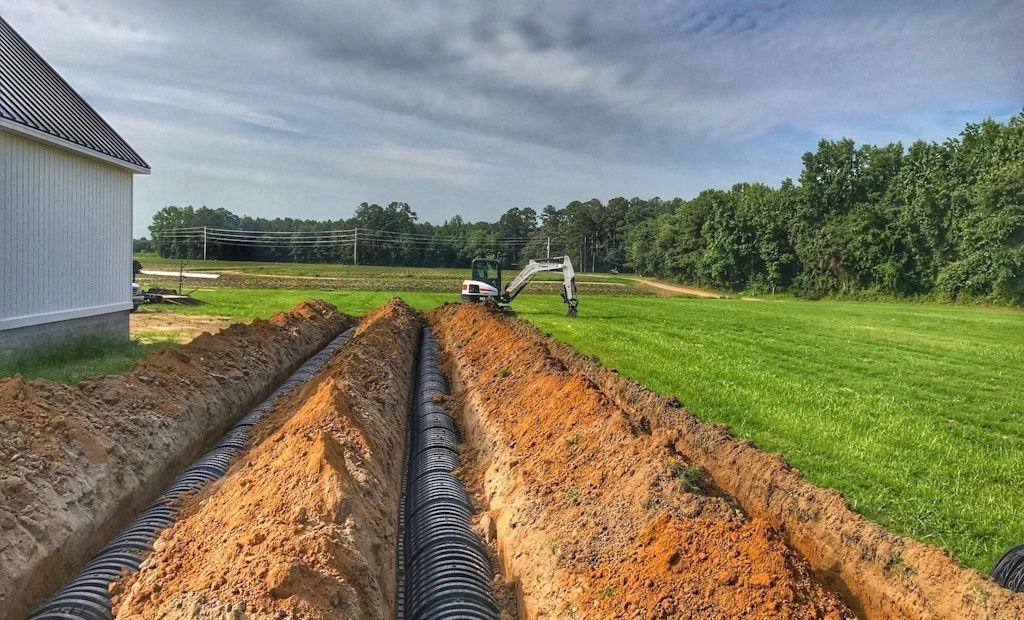How to Streamline Large-Scale Construction Projects with Effective Engineering Coordination
November 1, 2025

Managing large-scale construction projects requires seamless collaboration between multiple teams, from architects and engineers to contractors and project managers. Without effective engineering coordination, projects can face costly delays, design conflicts, and inefficiencies that impact budgets and deadlines.
Engineering coordination plays a crucial role in integrating structural, mechanical, electrical, and civil engineering elements into a unified plan. By streamlining communication, leveraging advanced technology, and ensuring regulatory compliance, construction teams can improve efficiency and avoid setbacks. A well-coordinated approach leads to smoother execution, reduced errors, and a successful project outcome.
Key Strategies for Effective Engineering Coordination
1. Establish Clear Communication Channels
Large-scale construction projects involve multiple stakeholders, each with specific responsibilities. Without clear communication, teams can struggle with misunderstandings, project scope changes, and conflicting schedules.
Using project management software, regular meetings, and standardized documentation ensures all parties stay informed. Clear communication protocols help resolve issues quickly and keep the project on track. Establishing a central point of contact for engineering coordination also prevents delays caused by miscommunication.
2. Utilize Building Information Modeling (BIM)
Building Information Modeling (BIM) has transformed construction engineering by providing a digital representation of the entire project. This technology allows engineers, architects, and contractors to collaborate in real time, detecting design conflicts before construction begins.
BIM helps optimize materials, improve cost estimates, and enhance scheduling accuracy. By integrating 3D modeling with project workflows, teams can visualize potential challenges and make necessary adjustments early in the process.
3. Standardize Processes and Documentation
Inconsistent workflows and unstructured documentation can lead to costly errors. Standardizing engineering processes ensures that all teams follow the same procedures, improving efficiency and reducing the risk of misinterpretation.
Implementing clear guidelines for design reviews, quality control, and safety compliance enhances project coordination. Establishing a common framework for document sharing—such as cloud-based storage—ensures that the latest plans and revisions are easily accessible to all stakeholders.
4. Improve Collaboration Between Disciplines
Engineering coordination is most effective when all disciplines—structural, mechanical, electrical, and civil engineering—work together from the early planning stages. Collaboration ensures that systems integrate smoothly, avoiding conflicts that could cause rework during construction.
Cross-disciplinary coordination meetings, design workshops, and shared digital platforms promote teamwork. Early alignment between engineering teams reduces discrepancies and streamlines the construction timeline.
5. Prioritize Regulatory Compliance and Permitting
Large-scale construction projects must adhere to local, state, and federal regulations. Delays in obtaining permits or non-compliance with codes can halt progress and lead to financial penalties.
Ensuring that engineering designs meet regulatory requirements from the outset minimizes risks. Working with experienced professionals who understand zoning laws, environmental impact guidelines, and safety standards helps projects stay compliant and on schedule.
Partner with Experts for Seamless Project Execution
Effective engineering coordination is essential for delivering successful
large-scale construction projects. At Environmental Design Group
in Austin, TX, we bring over 55
years of combined experience in engineering and project management. Our team specializes in streamlining coordination, ensuring efficiency, and maintaining compliance throughout every stage of construction. Contact us today to optimize your next project.




